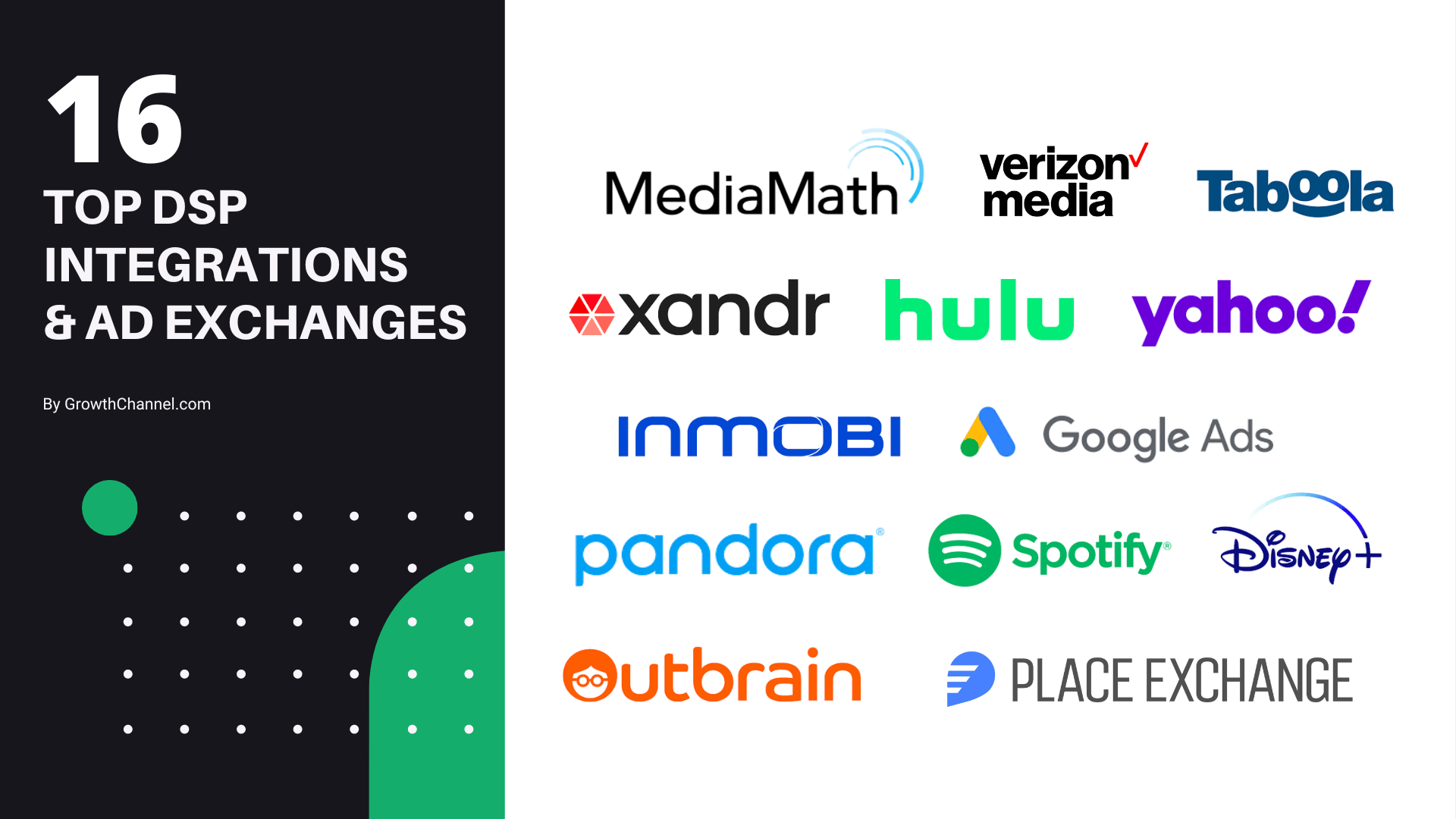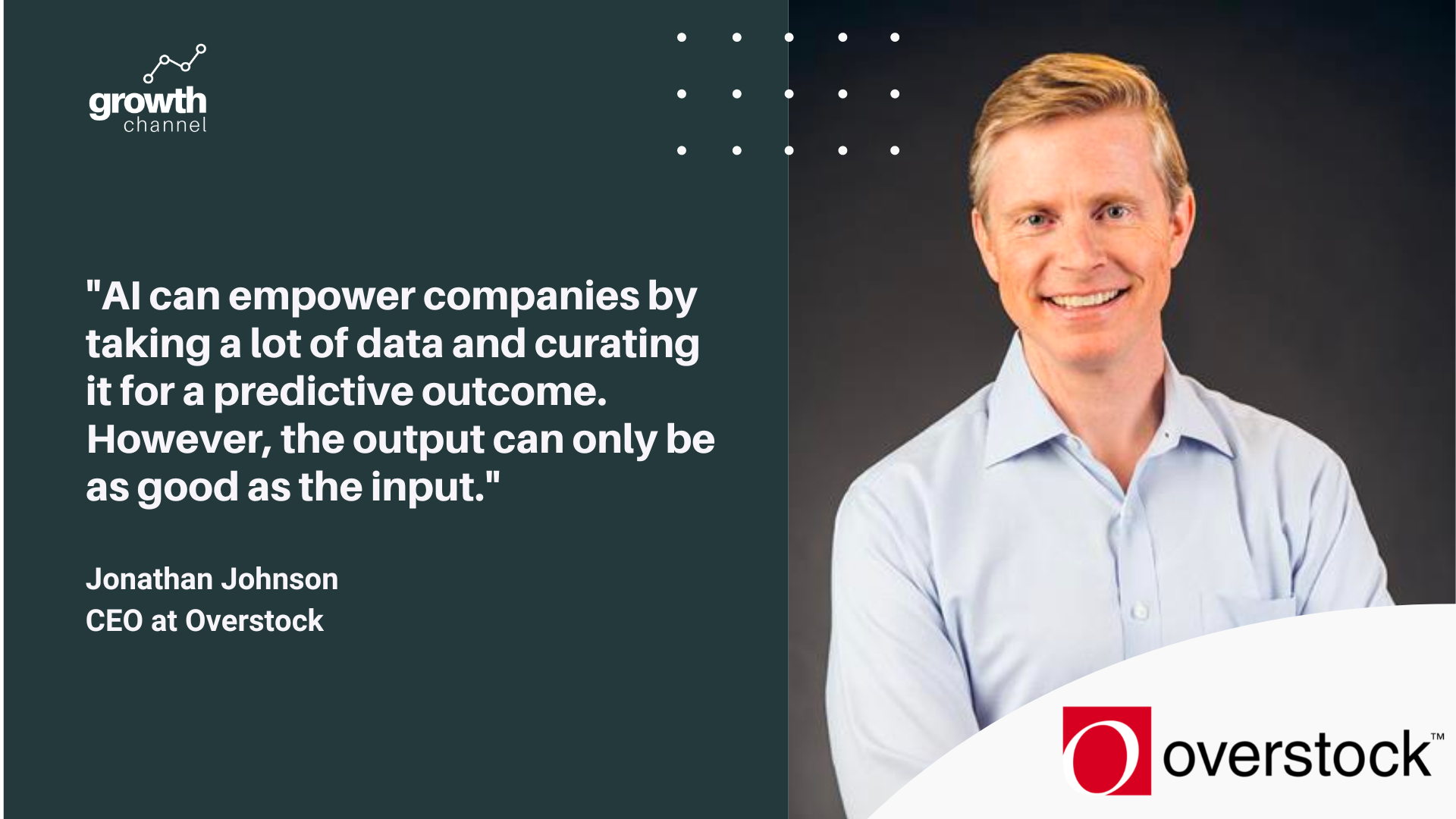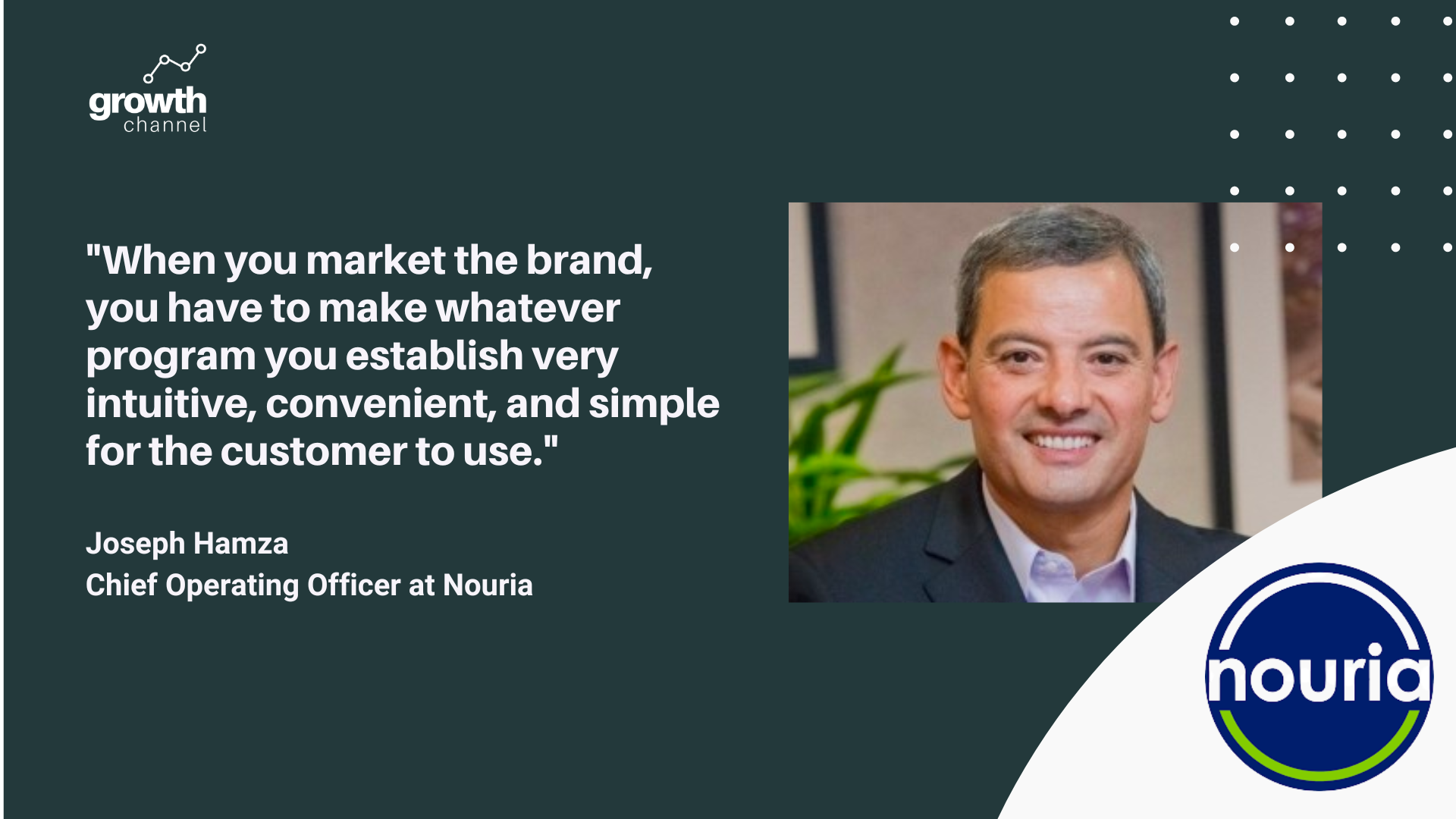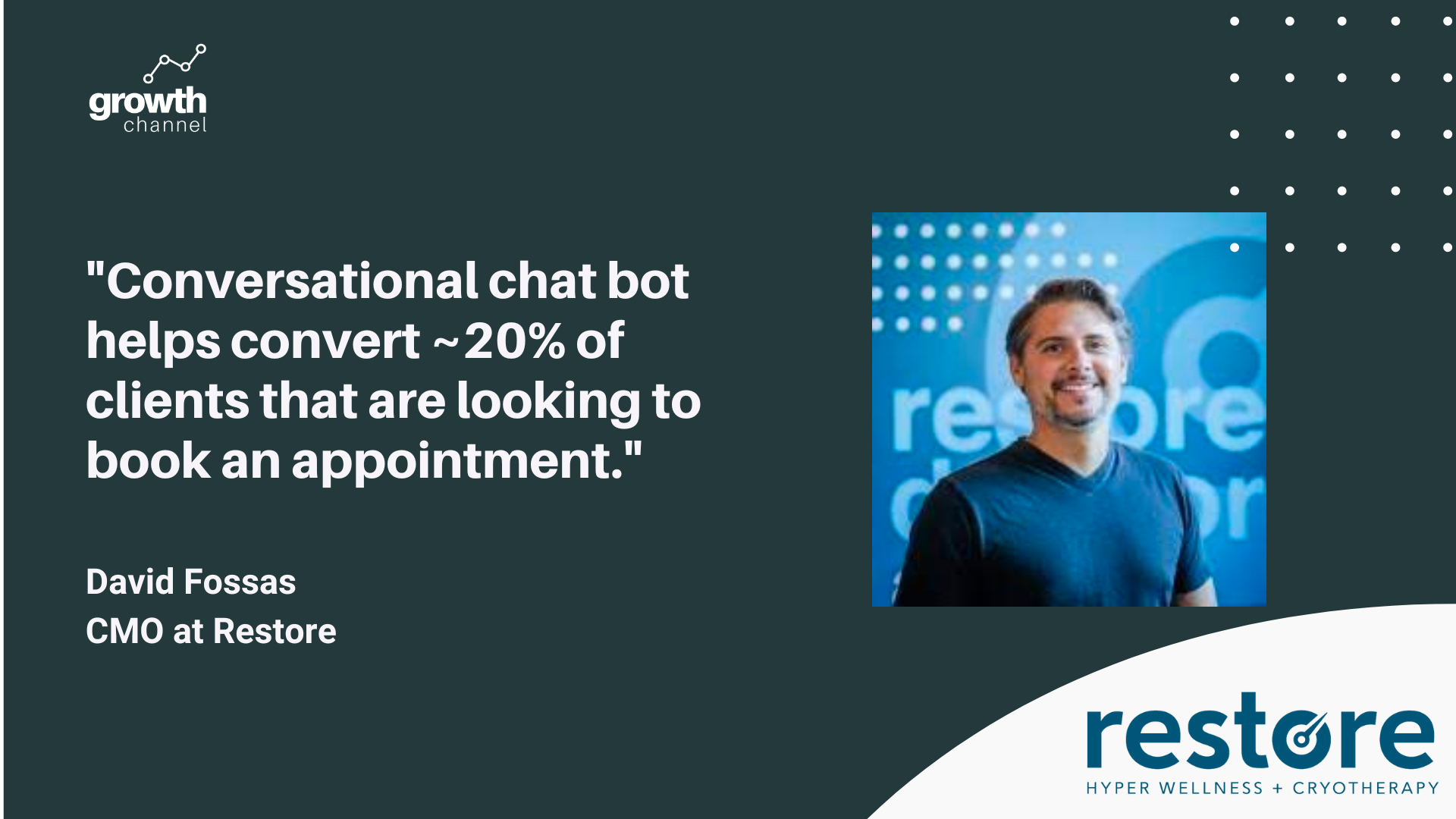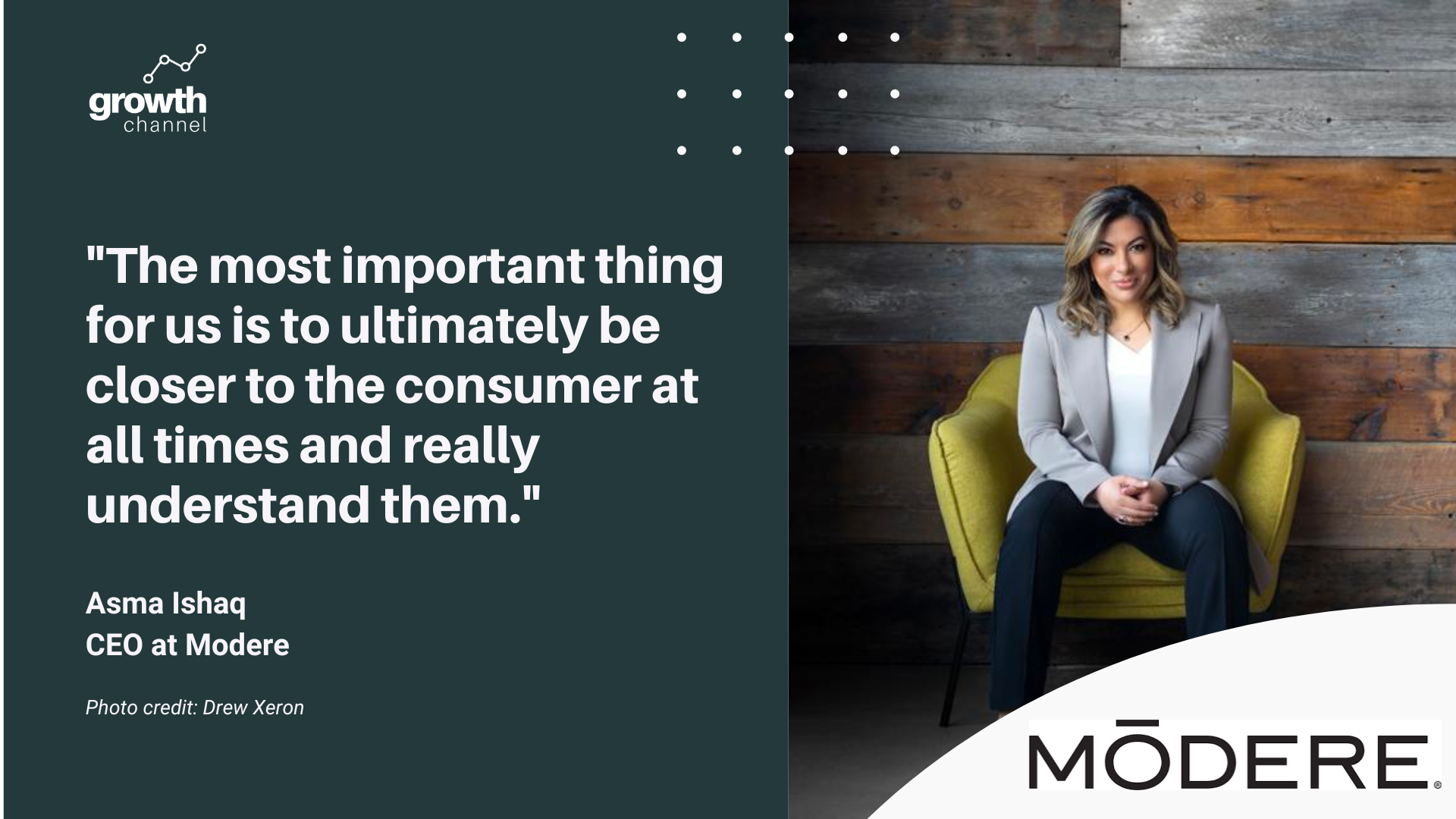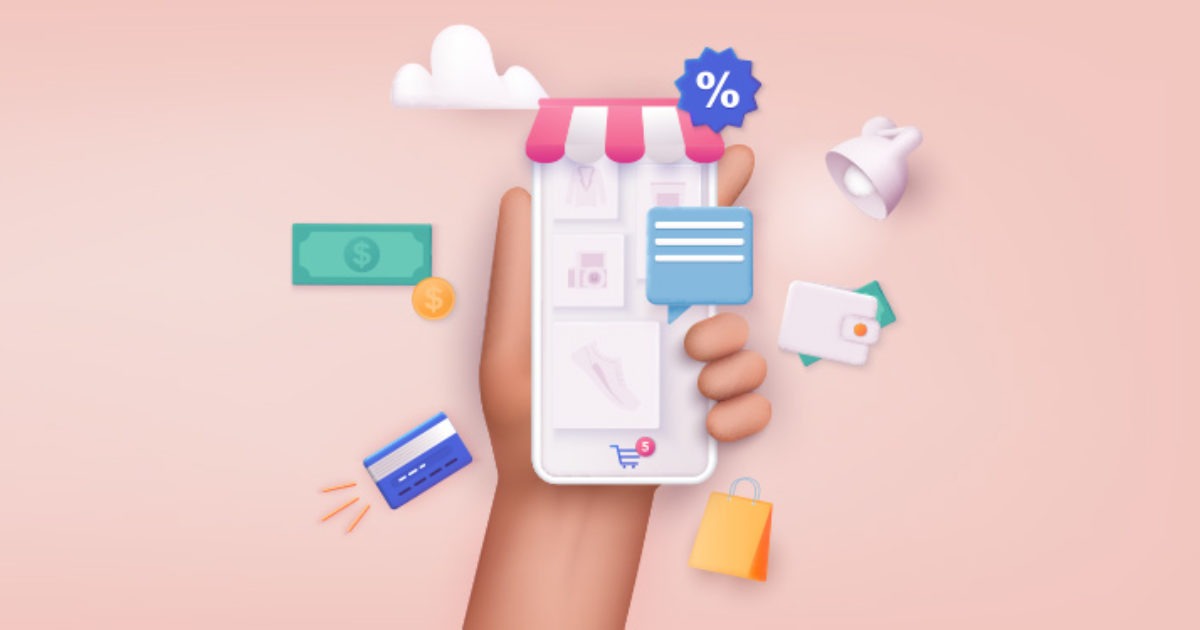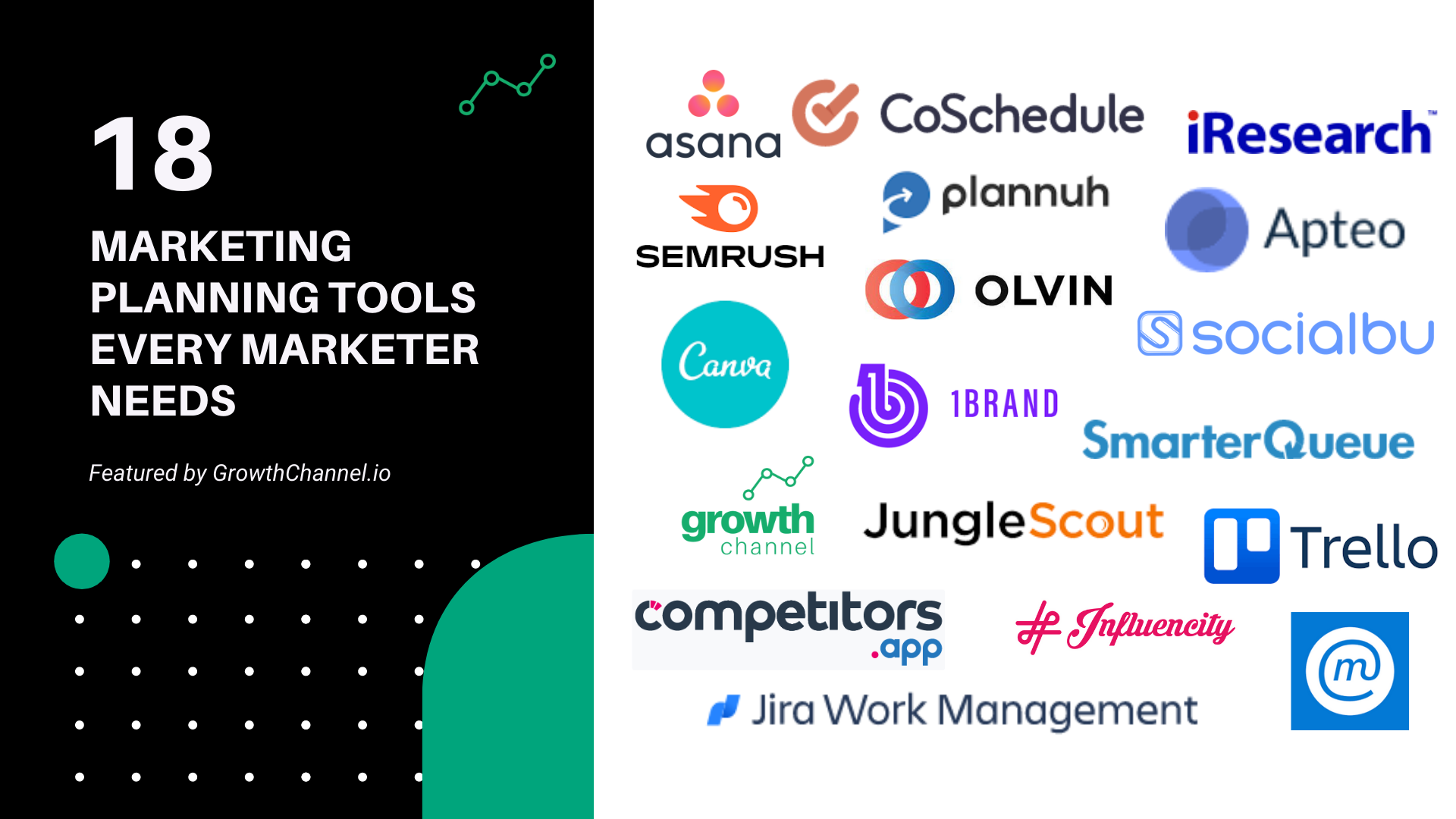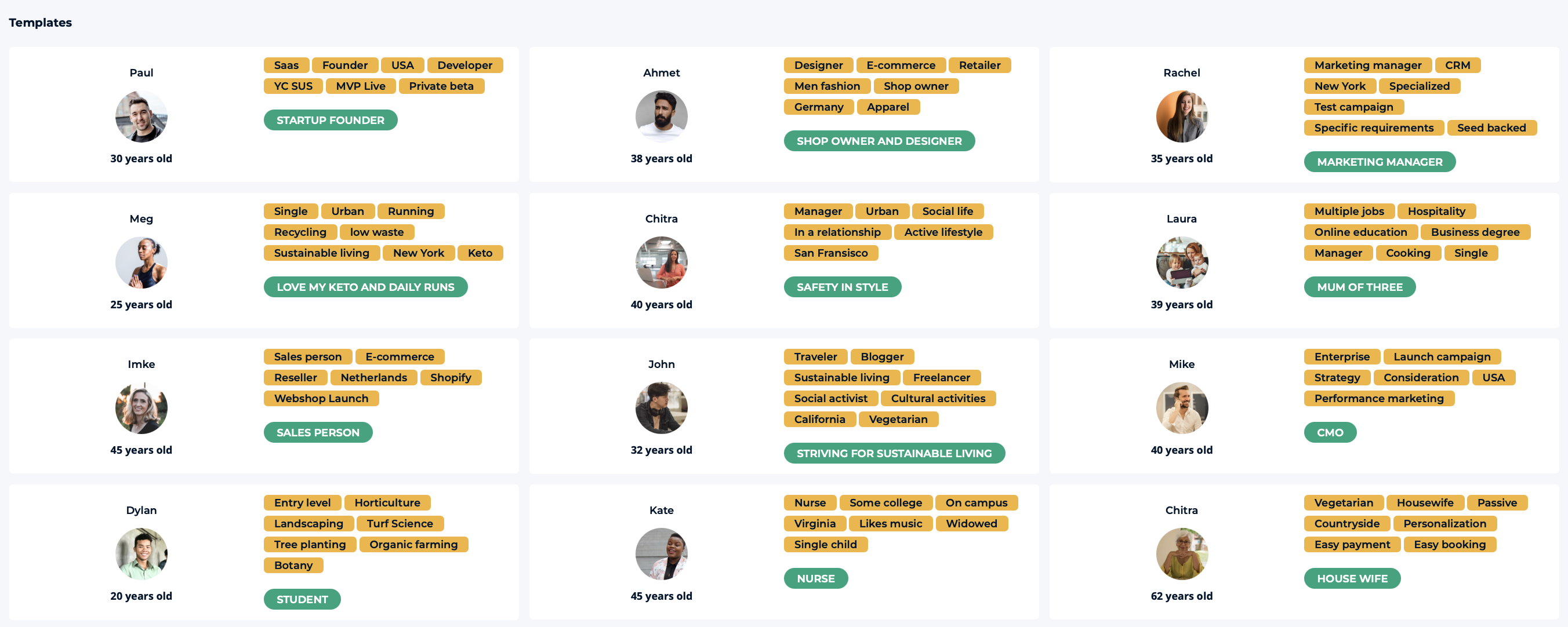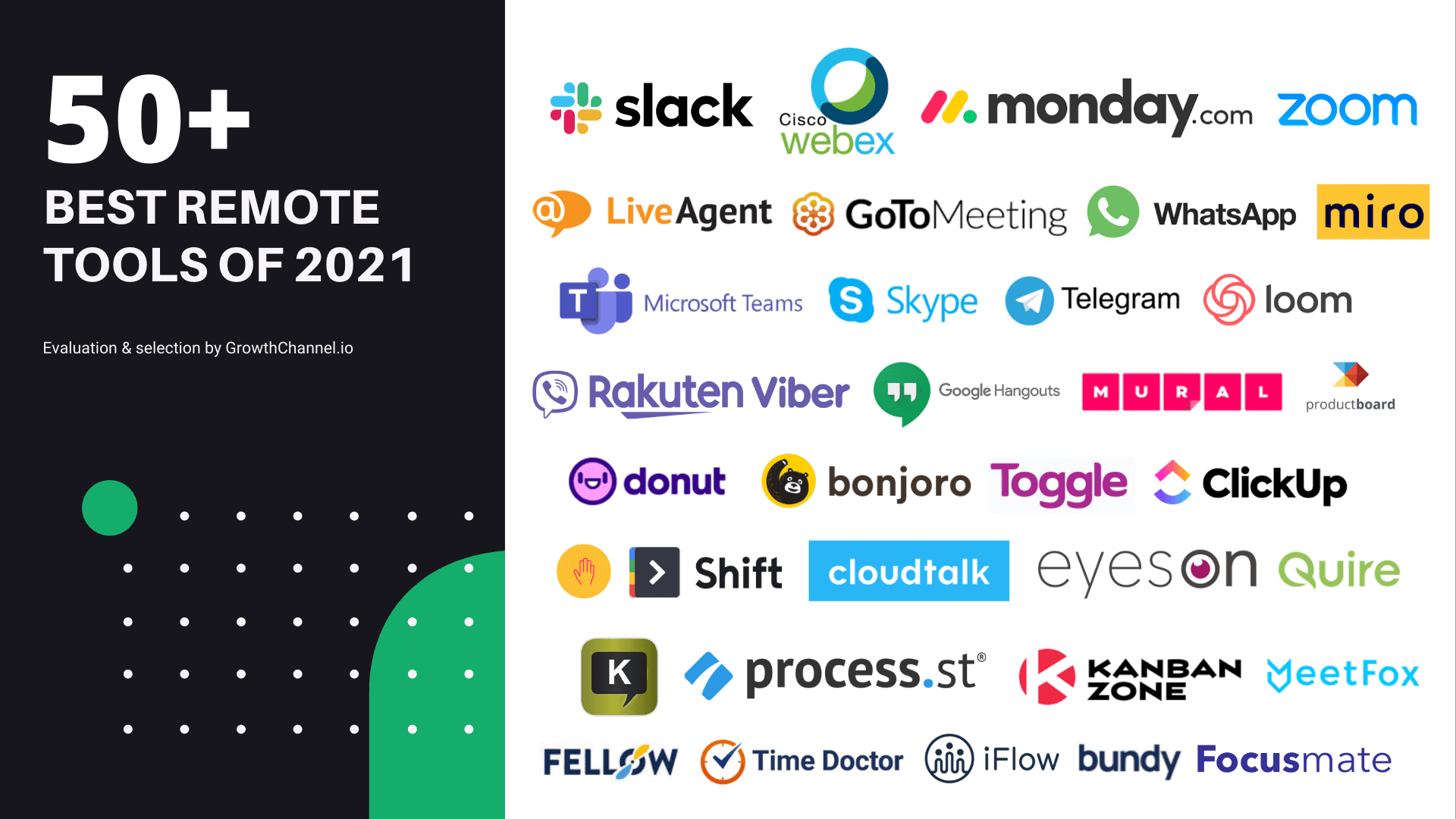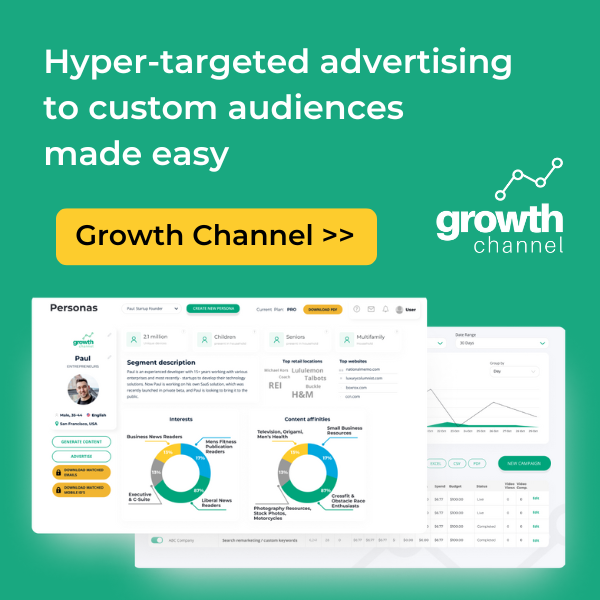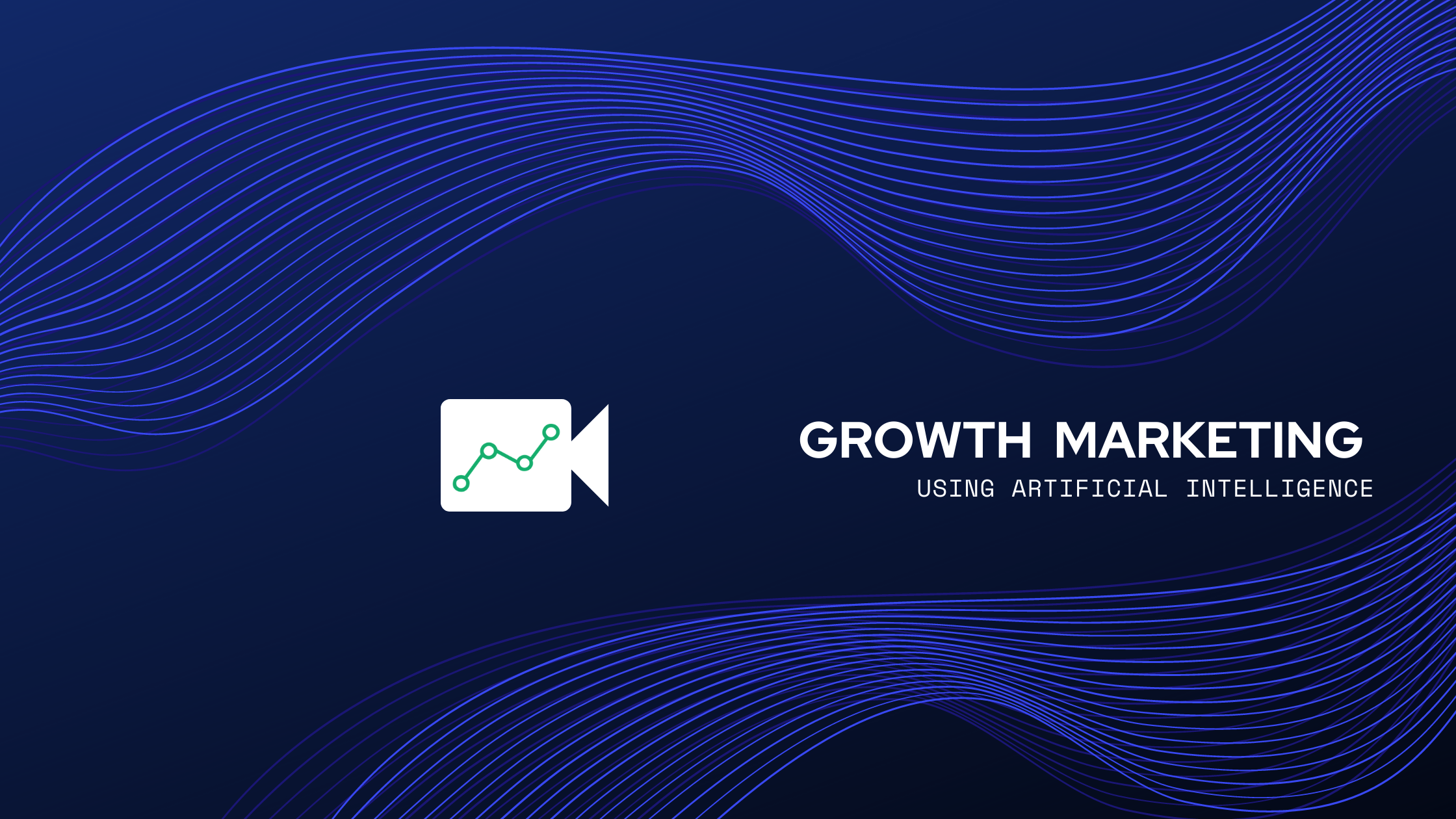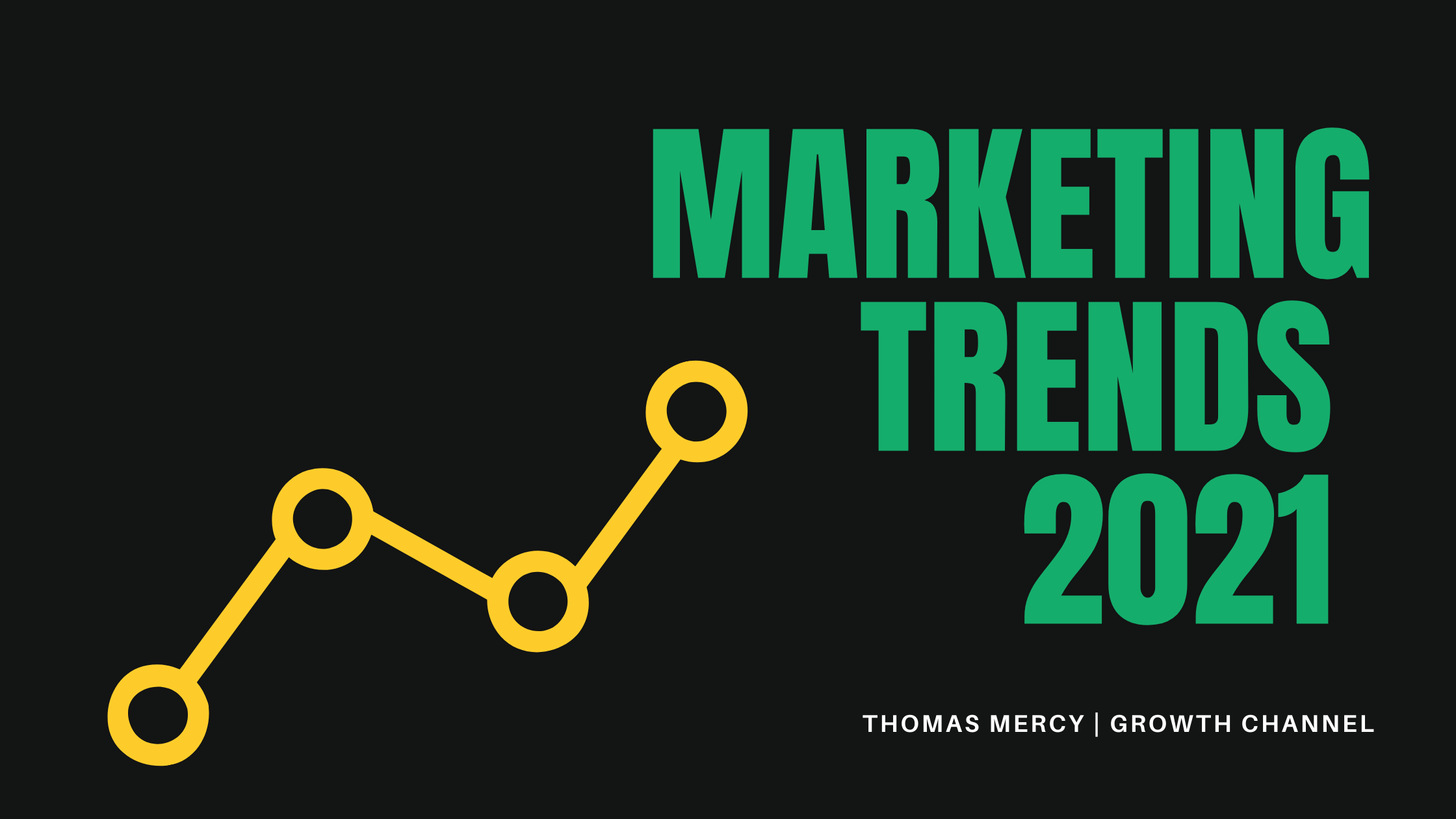Raise your hand if you’ve recently ordered something off the Internet. Keep that hand raised if you’ve bought more online than you’d like to admit (no shame here, my hand’s definitely still up).
Making purchases, comparing offers, buying subscriptions, and placing orders online is the new normal. Online consumer spending with U.S. merchants increased by 44% in 2020, almost 3x greater than the increase in 2019. The COVID-19 pandemic and closure of many retail locations changed the way both customers and businesses engage online. Retailers had to adapt quickly, finding ways to display, market, and sell their products online, and then package and ship orders to the right locations. Many consumers quickly embraced online shopping, turning to the Internet to purchase everything from a new pair of shoes to fresh groceries. Amazon Prime Day 2020 was the biggest ever, generating over $3.5 billion dollars for third-party sellers, almost a 60% increase year over year. E-commerce’s share of the global economy also rose from 14% in 2019 to 17% in 2020.
The popularity of e-commerce isn’t going away anytime soon, even as restrictions are lifted and life returns to a new normal. I guess ordering a new dishware set at 1am while in your pajamas will always be more convenient and desirable than actually getting dressed and going to the store. Of course, the increase in e-commerce also means an increase in competition, as businesses battle it out for the attention of online shoppers. How can you ensure your e-commerce business stands out among the crowd?
We asked e-commerce industry experts for their favorite tips and tricks and compiled a list to guide your strategy below.
These 8 e-commerce marketing strategies for 2021 and beyond will help your business achieve long-term success online:
- Utilize augmented reality
- Salvage unsubscribes
- Omnichannel orchestration: deliver a personalized e-commerce experience
- Don’t skip the ideation process
- Experience over ANYthing
- Use smart targeting
- Optimize your paid ad spend
- Drive ROI with data
- Pay heed to website speed and page experience
- Consider Pinterest as a marketing channel
- Be wary of reported revenue for paid ad spend
Let’s see what the experts have to say!
1. Utilize augmented reality
“Augmented reality (AR) isn’t just a hype. It’s the one trend we see more ecom and DTC brands using. Augmented reality has been around for a while but 2020 brought it to the forefront. Ecom and DTC brands are looking for ways to make the shopping experience more personal and at home. Let people try on your clothes, or picture that piece of furniture in their home (as EQ3 does). Merge the digital and real world to create a cohesive customer journey that starts and ends with digital but has a real world stop in between with AR. Our agency Take Some Risk believes that the world isn’t going back to 2019, we are changing course and putting the customer first. We are letting people shop how they want on their own time.”
- Duane Brown , CEO & Head of Strategy at Take Some Risk
One brand exploring the world of AR is Snap, owner of the popular social media platform Snapchat. Snapchat filters, or lenses, already use AR to overly art and the real world. However, Snap’s new version of Spectacles, smart glasses capable of recording short video segments and syncing with the Snapchat app, will allow users to
overlay lenses directly onto the world around themfor an immersive experience. These new glasses are currently available to creators in the AR field by application only. Snap is also launching a futuristic e-commerce platform that allows users to try on jewelry, clothes, and other products. This marketplace will also make it easier for AR creators to connect with brands.
2. Salvage unsubscribes
“This strategy may seem a bit counterintuitive at first but we successfully employ it at The Email Marketers for our clients to generate sales. When customers choose to unsubscribe we give them a ‘goodbye gift’ on the unsubscribe confirmation page. It can be a discount anywhere from percentage discounts to added gifts to the next order. We see sales come through from this all the time and while it's counterintuitive it certainly is an easy way to make more money.”
- Melanie Balke , Founder of The Email Marketers, E-Commerce Email Experts
3. Omnichannel orchestration: deliver a personalized e-commerce experience
“Digital customers in 2021 use several devices, interact with brands and stores at different endpoints and jump from one communication channel to another. And most importantly – they expect a smooth and fully personalized experience. They expect companies to know their preferences, likes and dislikes as well as to have 360-degree knowledge about them. The worst that can happen is when they log in to a given store from another device and notice the system doesn’t recognize them. People don’t want to be treated as a different person in each channel. The truth is they want just the opposite – unlike businesses assume, digital customers are, in most cases, open to share their personal data in exchange for smooth digital experience (of course in compliance with the standard privacy policy regulations).
To be successful, e-commerce companies need to have a single source of truth about their users – a CDP platform where they store the entire history of interactions between their brand and each user. Having all the user information in a single and robust platform, businesses can easily aggregate that data and leverage the knowledge they already have to personalize communication in every communication channel (email, live chat, SMS, phone, push notifications, in-app messages and more). Collecting data pieces about user behaviour at different stages of their customer journey, getting insights and turning them into smart omnichannel strategy is a must if you want to provide your customers with flawless experience and stay ahead of competitors.”
- Mike Korba , Co-founder & COO at User.com
4. Don’t skip the ideation process
“ A majority of corporations have no in-house talent to help translate data insights into sales performance, but the ideation process is often skipped or skimmed on. Data holds a multitude of dimensions, besides keeping score of: "are we winning, or losing?" The goal of quantified data is to become something you can TRANSLATE into qualified insights and eventually creative resources in order to get performance. During my talk at Hubspot's Inbound I break this idea down, piece by piece. At the end of the day, you want something that creates emotions in your customers. This means storytelling.”
- Allen Martinez , Chief Strategist at Noble Digital
5. Experience over ANYthing
“Competition in e-commerce is now more fierce than ever. So how can e-commerce brands engage with their customers in a way that drives valuable relationships? Brands, especially mobile apps, need growth trends that can help boost conversions, increase retention and level-up the customer experience. Interactivity, customization and rewarded campaigns are all great but unless brands find a way to create an immersive experience around them, the overplayed offer of “if you like these shoes, you will love these socks” won’t get them very far.
Features within e-commerce apps are already limited to a fracture of a screen. Designing a truly immersive experience on mobile is essential to onboarding the user to what’s curated in the app, keeping the attention long enough for discovery and conversion to cart. The quality of a user’s experience will determine the possibility of a second sale. In-app stories that can offer interactive video-on-demand, live streaming, product tags and segmentation can help achieve that.”
- Emre Fadıllıoğlu , CEO & Co-Founder of App Samurai – parent company of Storyly
6. Use smart targeting
“With the ability to communicate so effectively, one large issue organizations quickly run into is not being able to target their messages for specific groups of people. If you’re a sports supply store, you don’t want to be sending promotions for a discount on golf clubs to your customers who hate golf, and instead are fans of soccer or basketball. This would lead them to see your messages as irrelevant, leading them to opt-out of your messaging campaign, and leaving you without a way to connect with them. With Smart Targeting you can sort their contacts based on data like age, interests, and location. And if the user doesn’t have this information readily available, they can use a Data Capture tool. It asks subscribers questions like what sport they’re interested in, and automatically stores their responses into the user’s database.”
- Andrew Su, Strategic Business Consultant at Trumpia
7. Optimize your paid ad spend
“ Targeted messaging along the customer journey, quantifiable buyer personas, and greatly improved cross-channel attribution can help you use your Google and Facebook ad spend more efficiently. You can improve overall ad performance by ensuring your campaigns are being served to a curated and prequalified audience. Target highly qualified lists and exclude users who aren’t within your target audience. Audi ence Sync allows you to automatically connect your data from your onsite pop-up email lists with Google Ads and Facebook Ads platform. By importing this data directly into Facebook or Google, you will see dramatically improved targeting, prospecting, and return on ad spend (ROAS) . Plus, Audience Sync is completely first-party data and privacy compliant, saving yourself from the difficulty of manually exporting and importing data across platforms where privacy complications can appear.”
- Michael Wadsworth, Partner Marketing at Justuno
8. Driving ROI with data
“Don’t just rely on your gut-feel and guesswork. In today’s digital world we are surrounded with so much data, we should no longer ignore it.
Consider marketing AI technology to work on the power of your internal data sources, but also look at the whole spectrum of external data (competitor analytics, industry benchmarks, marketing and industry trends), to give you a 360 degree overview of all the possible options for a marketing campaign.
To prioritize them, running A/B tests months over months can be a daunting task with tens of thousands of dollars in budget spent. So instead, consider simulating all that in a fraction of the time in a virtual setting. That’s exactly how Growth Channel AI helps thousands of marketers achieve better marketing ROI with data-driven insights.”
- Maryna Burushkina, Founder of Growth Channel AI
9. Pay heed to website speed and page experience
“There is no denying the fact that in our fast digital world where our audiences have many alternatives to look to, it is indispensable to maintain fast loading website pages. Research shows that even if the pages take 1 second of extra time to load, the business loses out on a plethora of possible customers and some hefty revenue. With the recent Google update which lays emphasis on user experience, it's high time to consider the newly added search signals (LCP, FID, CLS) and not lose rankings in SERPs. Online store owners should ensure that they have quality plugins and tools to tackle the same. Both of these stated factors are set to rule in 2021 and beyond, and therefore, every online business must pay attention to them.”
- Himanshu Rauthan, Co-Founder at MakeWebBetter, BotMyWork and the Director of CEDCOSS Technologies
SEO is an important component of everyone's strategy, but especially e-commerce SEO has to be taken with special focus, as you can build over 90% of your website traffic from organic visits without spending a ton of budget on paid media.
10. Consider Pinterest as a marketing channel
There are now 5 billion search queries on Pinterest every month. While this number seems small compared to Google, which processes over 3.5 billion searches a day, Pinterest is still a great platform for DTC and e-commerce brands, especially brands with a strong aesthetic or visual image. According to Naveen Gavini, SVP of Products at Pinterest, “The future of search is visual...every day we’re making improvements to relate images to how people think of them, through machine learning. Each time we improve our model we see engagement go up.” In Q1 of 2021, product searches were up more than 20% YoY, and 85% of weekly Pinners buy something based on pins they see from brands. According to their Media Agency Advertising Guide, 97% of Pinterest searches are non-branded, which means users come to the platform looking for a particular product, but not a particular brand. This gives you a great opportunity to introduce your brand to buyers who are already interested in discovering and engaging with you.
11. Be wary of reported revenue for paid ad spend
“Being able to identify your most valuable revenue generating channels down to the exact dollars they're responsible for generating can be the difference between massive return-on-ad-spend and wasting critical ad budgets. It's rare that any business, be it B2C or B2B is only running one marketing channel or platform. It's much more likely that they're running several paid channels like Google Ads, Facebook Ads, and others, as well as having email platforms, marketing automation platforms, etc. Because these channels and platforms can't see into one another's eco-systems to see how each contributes to an overall revenue generating customer journey, they often overstate how much revenue they generated with regard to that sale or order. For marketers, that often means over-allocating budgets to channels that look like they're performing well, when in actuality, those channels are only responsible for a small portion of the overall revenue generating event, and budgets need to be allocated accordingly. The old saying that 20% of customers drive 80% of revenue is alive and well, and the same is true for marketing, which is why Click360 is solving for the 20% of marketing efforts that generate 100% of revenues. For the business, that means you can allocate otherwise wasted budgets to highly profitable marketing channels and efforts.”
- Mike Lewis, Chief Revenue Officer at Click360
Running an online business can be overwhelming, especially when the competition is fierce. However, these experts have proved that with the right marketing strategy and a lot of perseverance, success is not only possible, but probable! E-commerce is an exciting industry, always evolving with innovations in technology and communications. These 8 tips can help you make sense of your e-commerce marketing strategy and stay one step ahead of the competition, setting up your e-commerce business for years of success.
What strategies are you going to implement in your online business? I’m interested to know what works best for you and your company! Let me know your results on Twitter @Gr0wthChannel .



